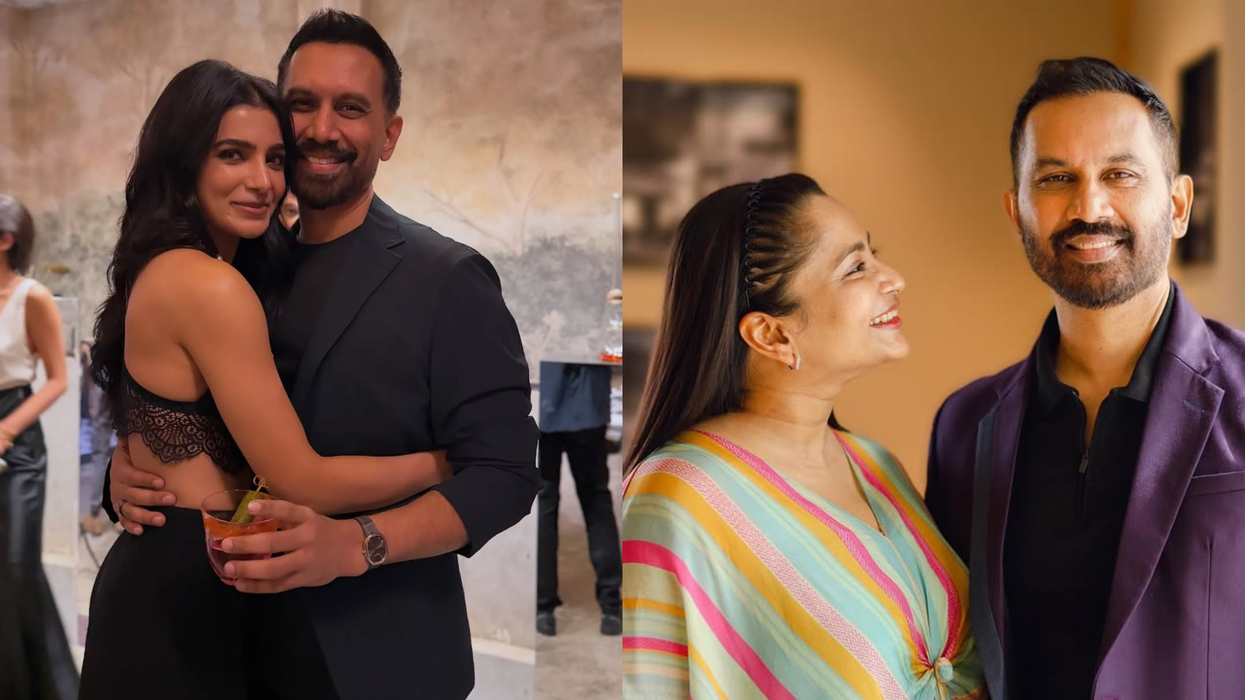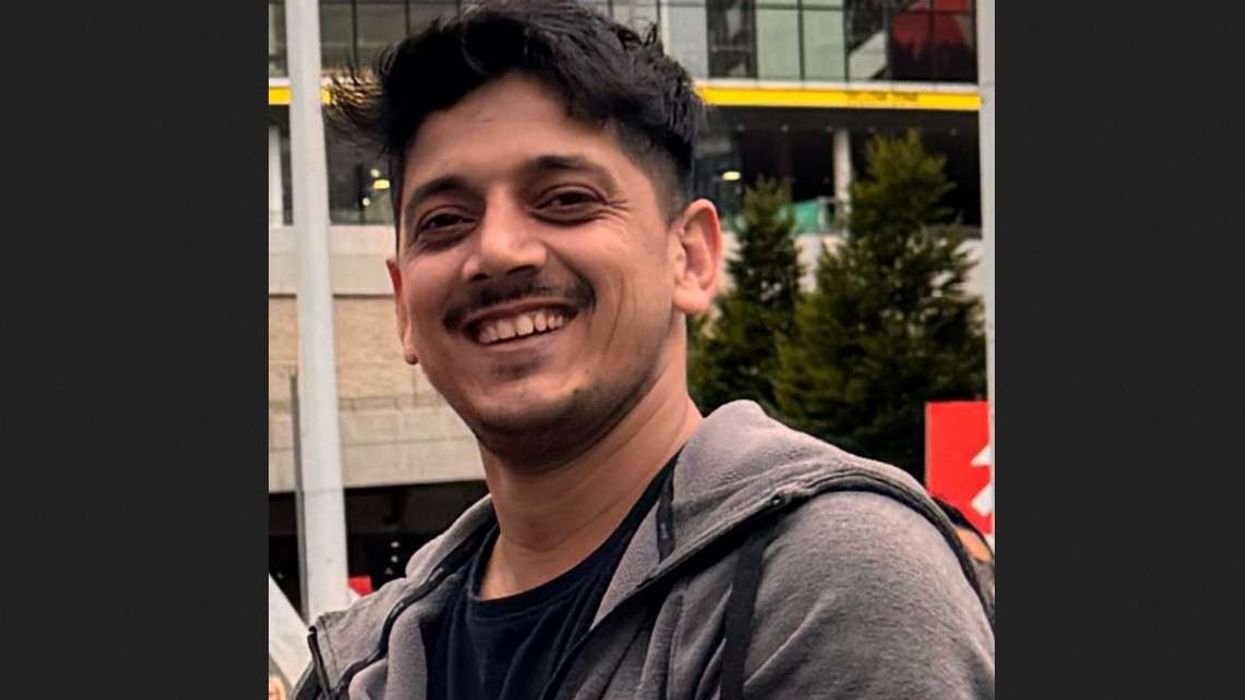ONE of the most recognisable figures on British television, Faisal Islam took charge at BBC in 2019 as its economics editor, after a five-year stint at Sky News as political editor.
Kicking off his career in the newspaper industry, covering economics for the Observer, Islam worked his way up in journalism at Channel 4, which he joined in 2004 as a business reporter. He would spend the next 10 years there, rising as the broadcaster’s economics editor.
Whereas two major crises, the global financial crisis and the eurozone crisis, marked his stint as the economics editor at Channel 4, his five years at Sky News as political editor would see a never ending crisis centred on Brexit.
Islam has exposed the Icelandic banking crisis, and has won several awards for his investigation anticipating the collapse of Icelandic banks. Prominent among them was the Harold Wincott Award for Best Television Coverage of a Topical Issue in 2009, with the judges praising his reportage as “free of many of the visual clichés which characterised too many financial programmes.”
Islam, who loves bringing the vital numbers stories to life, was awarded the Wincott Award for Young Financial Journalist of the Year in 2000, and named Young Journalist of the Year at the Royal Television Society (RTS) awards in 2006. He would bag another RTS award in 2017 for his grilling of prime minister David Cameron, which was chosen as the Interview of the Year.
He has authored a critically acclaimed book, The Default Line, which gives a ringside view of the economic shape of the contemporary world, drawing on from his coverage of the Icelandic banking crisis, the Lehman Bros crash, the emerging economies in India and China, and interviews of a host of key international players.
The experience of covering every leg of the financial, eurozone and rolling UK political crises over the past one and a half decade has definitely sharpened Islam as he returned to his original beat, and this is especially evident when he presents, albeit occasionally, editions of Newsnight at BBC.
Born and brought up in Manchester in an Indian Muslim immigrant family who ran a newsagent, Islam has been vocal about racial profiling and abuse. He has spoken about how he was stopped and searched repeatedly by Metropolitan Police officers in the years after the July 7 London bombings of 2005.
A prolific Twitter user, with over 368,000 followers, he confronts racism on a daily basis on social media, and sometimes, on the streets, while reporting.
Islam is a champion of diversity, and believes his story would be an inspiration to all those who try to break barriers of social class and ethnicity.
“It makes sense to have people from a variety of backgrounds telling the story of the nation,” he has said. “I hope my mere presence makes people realise there’s a lot more going on in the British Muslim community than they sometimes might feel.”







